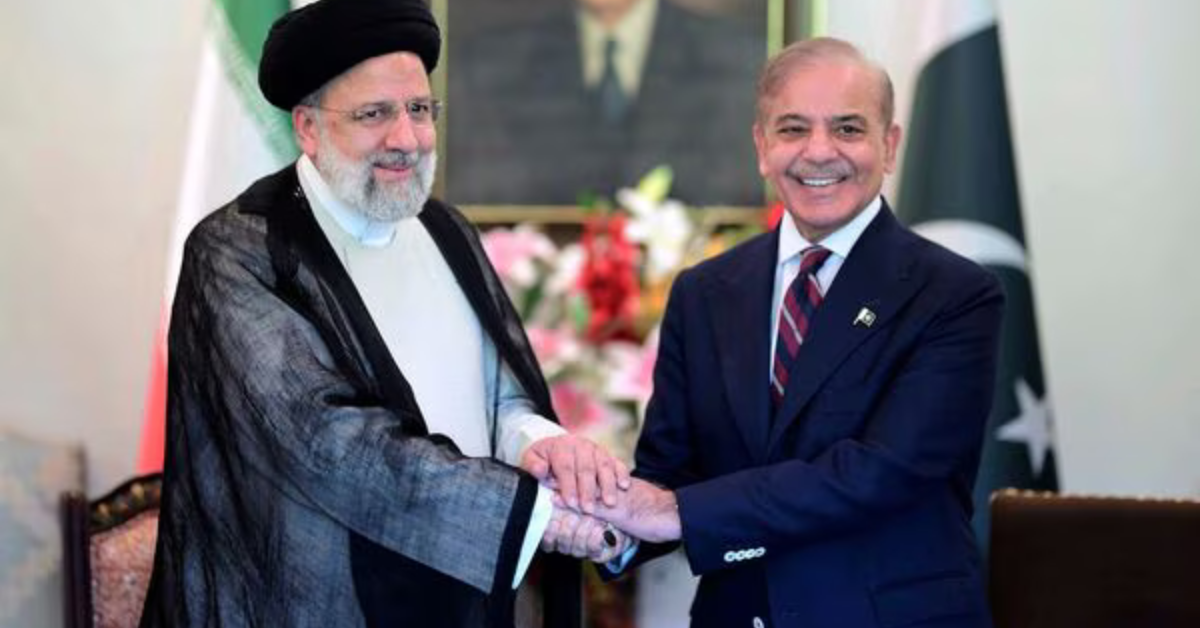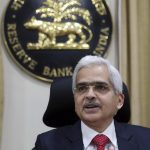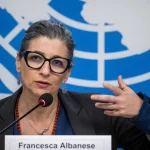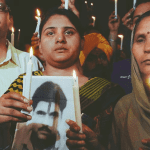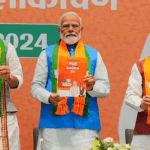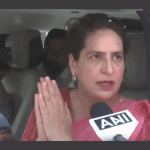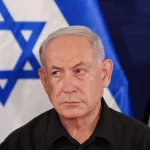In the complex geopolitical landscape of South Asia and the Middle East, the relationship between Iran and Pakistan stands as a crucial juncture, marked by both cooperation and contention. The recent visit of Iranian President Ebrahim Raisi to Pakistan, aimed at mending strained ties between the two nations, sheds light on the intricate dynamics at play.
Against a backdrop of historical, religious, and strategic ties, the discussions between Raisi and Pakistani Prime Minister Shehbaz Sharif navigated through a maze of regional challenges, from the Kashmir issue to counterterrorism efforts and economic cooperation. However, amidst these dialogues, certain topics emerged as focal points, offering insights into the intricacies of Iran-Pakistan relations.
The Kashmir Conundrum:
One of the most significant points of contention between India and Pakistan, the Kashmir issue has long been a sensitive topic in regional diplomacy. Prime Minister Sharif’s decision to raise the Kashmir issue during talks with President Raisi underscores Pakistan’s persistent stance on the matter, seeking international attention and support for the plight of Kashmiris.
However, the response from President Raisi, who chose to pivot towards the Palestine issue instead, reflects Iran’s strategic calculations and priorities in the region. While both Pakistan and Iran have expressed solidarity with oppressed peoples worldwide, including Palestinians and Kashmiris, the divergent focus during diplomatic exchanges highlights the nuanced approach each country adopts in addressing regional conflicts.
Tackling Terrorism:
Amidst accusations of providing safe haven to armed groups, both Iran and Pakistan have been grappling with the challenge of terrorism within their borders. The airstrikes and retaliatory measures undertaken by both nations earlier this year underscored the gravity of the situation, while also showcasing a delicate balance between asserting sovereignty and preventing escalation.
During their discussions, President Raisi and Prime Minister Sharif reiterated their commitment to joint efforts in combating terrorism, reflecting a shared recognition of the destabilizing impact of extremist elements on regional security. The signing of agreements to enhance cooperation in various fields, including security, underscores a collective resolve to address the root causes of terrorism and promote stability in the region.
Economic Engagement:
Beyond security concerns, the economic dimension of Iran-Pakistan relations emerges as a crucial avenue for collaboration and mutual benefit. With both nations aspiring to enhance trade and investment ties, the discussions between Raisi and Sharif emphasized the need to elevate economic cooperation to new heights.
President Raisi’s proposal to increase the bilateral trade volume to $10 billion reflects a shared ambition to unlock the full potential of economic engagement between Iran and Pakistan. Recognizing the untapped opportunities across sectors such as energy, infrastructure, and trade routes, both leaders expressed optimism about the prospects of bilateral trade and its contribution to regional development.
Cultural and Diplomatic Bridges:
Amidst the discussions on security and economics, the visit also underscored the importance of cultural and diplomatic exchanges in fostering mutual understanding and cooperation. President Raisi’s emphasis on strengthening relations at the highest levels reflects a commitment to nurturing enduring ties between Iran and Pakistan, transcending political fluctuations.
Similarly, Prime Minister Sharif’s assertion of the need to keep the relationship strong despite challenges resonates with a broader sentiment of resilience and perseverance in bilateral relations. As both nations navigate through geopolitical complexities and external pressures, maintaining open channels of communication and diplomatic engagement becomes paramount in safeguarding mutual interests and promoting regional stability.
The visit of Iranian President Ebrahim Raisi to Pakistan signifies a renewed commitment to dialogue, cooperation, and mutual respect between two strategically important nations. While challenges persist, ranging from regional conflicts to economic disparities, the discussions between Raisi and Sharif offer glimpses of hope and opportunity for advancing Iran-Pakistan relations.
As the world watches closely, the delicate balancing act between addressing shared concerns and respecting divergent priorities will continue to shape the trajectory of Iran-Pakistan relations. In this intricate dance of diplomacy, both nations must navigate through complexities with tact, foresight, and a shared commitment to peace, prosperity, and stability in the region.
